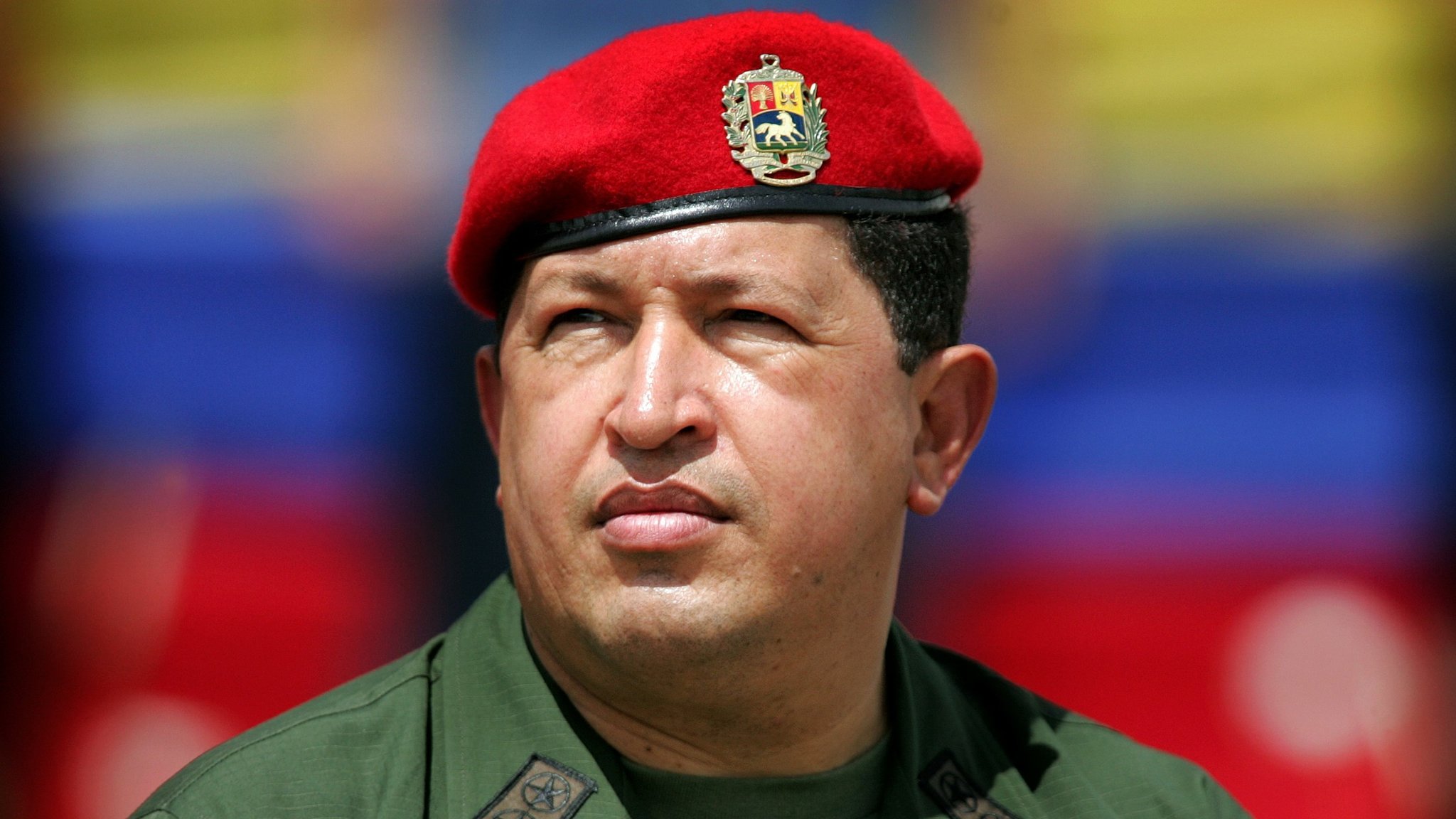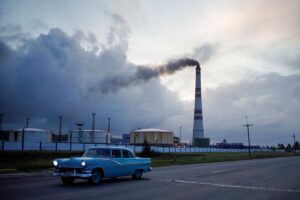
(The Globe and Mail, 13.Feb.2020) — In terms of its trademark nationalist approach to its economy – the crown jewel of which has long been the country’s oil industry – Venezuela doesn’t seem like what it used to be.
First, in 2019, Venezuelan President Nicolas Maduro – who succeeded Hugo Chavez after the socialist country’s iconic leader died in 2013 – allowed the use of the U.S. dollar at the expense of the depreciating bolivar. Then his regime removed some of the country’s most daunting restrictions on imports. Now it has been reported that these reforms have been extended to the oil industry Mr. Chavez so zealously guarded, with foreign companies given greater operational and governance capacity in joint ventures with the national oil company, Petroleos de Venezuela SA (PDVSA).
Analysts and former government officials have argued that the reforms amount to the undoing of the oil legacy of Mr. Chavez – that it marks the stealth privatization of the vital industry. But making the debate revolve simplistically around Mr. Chavez’s legacy and resource nationalism would be to miss what’s really at stake: democratic governance in Venezuela.
These economic reforms are significant, but must be placed in a wider context. In 2007, the Chavez administration forced a dramatic change of contracts in the oil industry (among others), such that private companies’ projects would be turned into joint ventures in which PDVSA would have majority control. This process included increasing royalties and taxes, which allowed the government to use the extra oil revenues to fund an ambitious social and economic program rooted in price and currency exchange controls and profit limits. Oil-producing countries around the world made similar moves to increase revenues, so they could take advantage of record-high prices and increasing demand from emerging economies. But the core of Mr. Chavez’s legacy was his strict political and financial control of PDVSA, which allowed him to maximize this productive period’s revenues and redistribute them to satisfy social demands.
Mr. Maduro has relied on a similarly authoritarian approach to governing as his administration faces increasing hostility from the United States, which has imposed sanctions on Venezuela that include an oil embargo, taking more than 400,000 barrels a day out of the market. The broader downturn in the oil industry has also stifled prices and it has become more expensive for Venezuela to ignore such pressure. However, despite his nationalist rhetoric, Mr. Chavez’s Bolivarian Revolution never sought to rule out foreign investment in the oil sector. In fact, over the course of more than a century, the state only exercised a true monopoly over the industry for a brief period – after PDVSA’s nationalization in 1976. The use of foreign investment has actually been pivotal to keeping the industry afloat in the midst of increasing political control over PDVSA, which has only hindered the company’s technical capacity.
In short, Mr. Maduro is not breaking with Mr. Chavez. They have this in common: A primary desire to maximize oil revenues and their control over them, so as to retain a grip on power – regardless of how much foreign intervention was needed to make that possible.
Moreover, such abrupt changes to oil-industry governance, such as the ones Mr. Maduro has instituted without open debate, only undermine the regulatory capacity of the state and its institutions. That opaqueness is likely to remain, especially with the government roiled by conflict as it refuses to recognize the legitimacy of the Venezuelan parliament. Mr. Maduro has gone so far as to block members of parliament from entering the Federal Legislative Palace with the sole purpose of unseating the speaker of the house, Juan Guaido, who has been recognized by more than 50 countries, including Canada, as Venezuela’s interim president.
Whether or not Mr. Maduro is betraying the legacy of his predecessor is beside the point. The debate that should concern Venezuelans is how decisions are being made about the country’s most vital industry. Opposition parties, which control the National Assembly, have suggested governance reforms to allow for greater private investment and to return PDVSA to its role as an extractive company. Experts have also proposed improving the state’s regulatory capacity through the creation of a technical secretariat in charge of adjudicating and overseeing contracts. The Maduro reforms may provide incentives for investors to increase output, but they undermine the position of the state, as they come as a result of external pressures and occur with precarious legal bases.
The discussion of privatization and the Chavez legacy further obscures important conversations that are being avoided in Venezuela. What, for example, is the future of an industry ever more reliant on unconventional crudes that are economically and environmentally costly? What is the role of foreign companies and their host states in the current geopolitical tension with Venezuela? Both Chevron and Rosneft have been expanding their stakes in Venezuela’s oil industry; meanwhile, the U.S. and Russia continue their Cold War-like approach, with the former tightening sanctions on the Maduro regime and the latter backing him and his ruling elite.
A reinstitutionalization of Venezuelan politics and a return to democracy require both the political will of domestic actors and the support of foreign powers. Opening informal channels for business with a further weakening of Venezuelan institutions will only strengthen authoritarian practices, even if patchwork economic liberalization takes place.
By Antulio Rosales, a postdoctoral fellow at the Centre for Development and the Environment at the University of Oslo.
***


Cuando intenta espiar el teléfono de alguien, debe asegurarse de que no encuentren el software una vez que esté instalado.